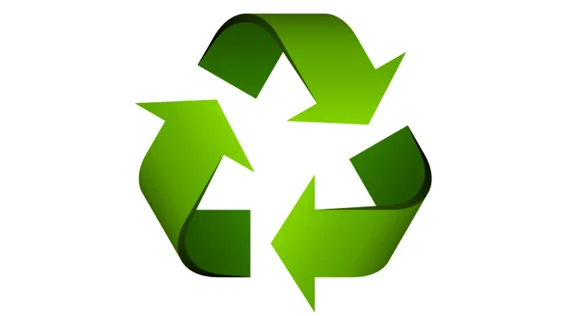
SPOKANE (Scrap Monster): Global consumer products companies-Unilever and Procter & Gamble (P&G) have announced new initiatives to boost recycling efforts. The Sustainability Plan by Unilever states that the company would switch to 100% reusable, recyclable or compostable plastic packaging by 2025. P&G has announced new investments in recycling, aimed at achieving 0% manufacturing waste at all its production facilities by 2020.
The Unilever Sustainability Living Plan (USLP) released by the company states that the company aims to halve the environmental footprint of the making and use of its products. Also, the company has set a bold new ambition to be carbon positive in its operations by 2030. According to USLP, growing water scarcity poses huge risk to future growth. Rough estimates indicate that 2.8 billion people around the world live in water-stressed areas. This number is estimated to increase to 4 billion by 2025. The consumer demand for water is expected to double from current levels by 2030. The company plans to accelerate product innovation to meet the need of consumers in water-scarce regions and reduce use of water in its manufacturing operations.
As part of the USLP, Unilever has reiterated its commitment to reduce weight of the packaging by one-third by 2020. Also, it aims to increase the use of recycled-content plastic in its packaging to at least 25% by 2025. This is part of the company’s efforts to ensure that plastics packaging products are managed responsibly and efficiently after consumer use. By ensuring that all plastics packaging is fully recyclable and recycled, the industry would be able to address the challenge of ocean plastic waste, noted Paul Polman, CEO, Unilever. Currently, only 14% of the global plastics packaging are recycled.
In January 2015, Unilever had announced a significant milestone when its global factory network comprising of over 240 factories sent zero non-hazardous waste to landfill. The ambition was further extended, which enabled 400 more Unilever sites across the world including warehouses, distribution centres and offices had achieved zero non-hazardous waste to landfill. These initiatives have cut costs by around €250 million.
Meantime, P&G has announced significant investments in recycling, aimed at helping the company achieve 0% manufacturing waste from its global network consisting of more than 100 production sites by 2020. Since 2010, nearly 56% of the company’s production sites have achieved this milestone. Over the next three years, it intends to convert all the remaining sites into ‘zero manufacturing waste to landfill’ sites. This in turn could lead to elimination or beneficial reusing of nearly 650,000 metric tons of waste that would otherwise end up in landfills.
According to P&G, the company will continue to focus on finding unique alternatives to treat waste. In order to achieve zero waste goals, the company aims to ensure that all the incoming materials are converted into finished products, recycled internally or externally or reused in alternative ways. Nearly over 50% of the P&G’s production sites have already achieved zero manufacturing waste to landfill status. All manufacturing facilities in 19 countries have met the zero waste qualification. Also, the company is close to achieving similar status for 100% of sites in other countries including India and China.
| Copper Scrap View All | |
| Alternator | 0.31 (0) |
| #1 Copper Bare Bright | 3.69 (0.04) |
| Aluminum Scrap View All | |
| 356 Aluminum Wheels (Clean) | 0.71 (0) |
| 6061 Extrusions | 0.62 (0) |
| Steel Scrap View All | |
| #1 Bundle | 475.00 (0) |
| #1 Busheling | 495.00 (0) |
| Electronics Scrap View All | |